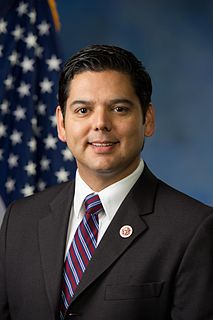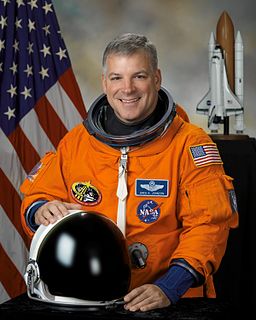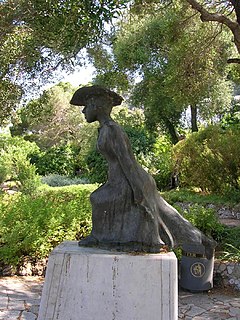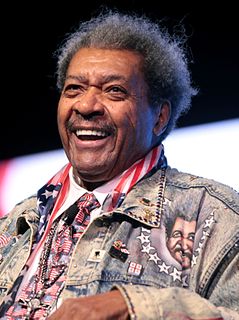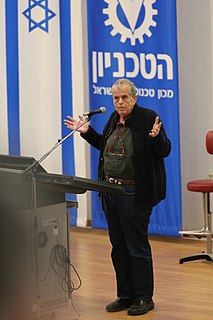A Quote by Hill Harper
My undergraduate studies at Brown and graduate degrees from Harvard prepared me for a multifaceted career as an actor, entrepreneur and philanthropist.
Related Quotes
In those same 10 years, women are getting more and more of the graduate degrees, more and more of the undergraduate degrees, and it's translating into more women in entry-level jobs, even more women in lower-level management. But there's absolutely been no progress at the top. You can't explain away 10 years. Ten years of no progress is no progress.
I believe that a core problem with undergraduate education, especially at research universities like Harvard, Stanford, NYU, etc, is that most teaching is done by PhDs, who by temperament, training, interests, and rewards are researchers first. So they spend most of their time and energy probing a snip of a field's cutting edge. In my view, the attributes needed to be a transformative undergraduate instructor are pretty orthogonal to that. It would seem that undergraduate education would be superior if there was a separate track for teaching faculty.
Towards the end of the military service, I had to make what I assume has been the most important decision in my career: to start a residency in clinical medicine, in surgery, which was my favorite choice, or to enroll into graduate school and start a career in scientific research. It was clear to me that I was heading for graduate school.

